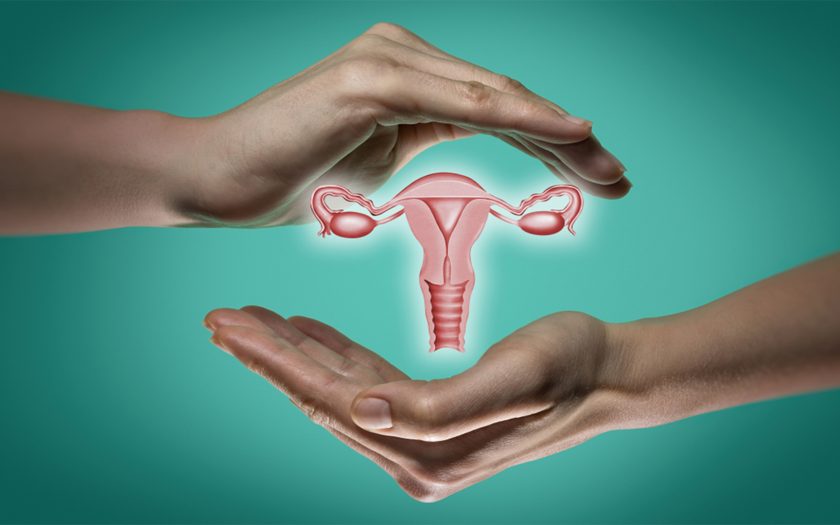The menstrual cycle affects appetite and metabolism.
During this time, the body undergoes changes that can affect many of its functions, including metabolism and eating behaviour. During some phases of the cycle, women often experience increased appetite or sudden cravings for sweets – and this is a completely natural reaction. After ovulation, in the second half of the cycle, progesterone levels rise, preparing the body for a possible pregnancy, and this can lead to heightened hunger, especially leading up to menstruation. Often, there is a desire for calorie-dense foods. Interestingly, studies show that during this period, metabolism speeds up — the body burns more energy even at rest, which provides a physiological explanation for the slight increase in appetite. However, this doesn’t mean you should overeat. Instead, it’s healthier to satisfy your hunger with nutritious snacks — such as nuts, fruits, dark chocolate, or complex carbohydrates, which provide long-lasting energy. It’s important to listen to your body and keep a food journal, observing changes in mood, appetite, and energy throughout the cycle. This will help you better understand your needs and support your body at the right times.
Menstruation as an indicator of overall health.
Menstruation is not just a monthly physiological process; it serves as a true indicator of a woman’s overall health. Any changes in the duration, regularity, amount of discharge, or even in the nature of pain can be early warning signs of disturbances in the body’s functioning. For instance, if the cycle becomes irregular, too short, or extends over long periods, it may indicate hormonal issues, stress, thyroid problems, or even serious gynecological conditions such as polycystic ovary syndrome or endometriosis. For example, if menstruation suddenly stops for several months, it may be due to rapid weight loss, emotional exhaustion, or an endocrine system disruption. On the other hand, excessive bleeding could signal anemia or blood clotting disorders. This is why it’s so important to carefully track your cycle, not ignore any changes, and consult a doctor in a timely manner. If necessary, a specialist will prescribe certain medications. For example, if you are diagnosed with endometriosis, you may be prescribed such drugs as Danogen, Dimetriose, Lupride Depot, Primolut-N.
Professional female athletes may experience a loss of menstruation.
For women who engage in professional sports or subject themselves to intense physical training, menstruation may temporarily stop—a phenomenon known as exercise-induced amenorrhea. This occurs because, under excessive physical strain, the body begins to conserve resources, including reducing estrogen production. When estrogen levels drop, ovulation is inhibited, and as a result, the menstrual cycle is disrupted. Additionally, combining intense workouts with a low-calorie diet causes the body to perceive this as stress, leading to a significant disruption in the reproductive system in order to conserve energy for survival. This condition is often observed in athletes such as figure skaters, gymnasts, long-distance runners, and ballerinas. It’s important to remember that the absence of menstruation is not a sign of strength or endurance but a concerning symptom that can lead to hormonal depletion and cardiovascular problems. Therefore, women who train intensely need to monitor not just their physical performance but also their menstrual health, as it serves as a marker for the proper functioning of the body.
Not all women experience pain during menstruation.
Here’s an interesting fact that’s often overlooked: not all women feel pain during their menstrual period. Menstrual pain arises from the contractions of the uterus as it sheds its lining. However, the intensity of these contractions depends on factors such as the level of prostaglandins (hormone-like substances that cause pain), overall hormonal balance, and the sensitivity of the nervous system, which varies from woman to woman. As a result, some women may experience no discomfort at all, or only a mild pulling sensation in the lower abdomen. For example, a young woman with a well-balanced hormonal cycle, healthy eating habits, low stress levels, and an active lifestyle may experience her period completely pain-free, and this is perfectly normal. It’s important to understand that “normal” is different for every woman, and the absence of pain during menstruation is not something to worry about; rather, it’s a sign of a healthy, well-functioning body.
Your voice changes during menstruation.
This is not a myth — it’s a scientifically proven phenomenon related to the influence of hormones on the vocal cords. During menstruation, as estrogen levels drop, the vocal cords may become less elastic and slightly swollen, which can lead to a change in the pitch, tone, or strength of the voice. Some women may notice their voice becoming hoarse, weaker, or less controlled than usual. This is particularly noticeable for singers, actresses, and announcers — anyone who relies heavily on their voice for their profession. In fact, some opera singers even plan their performance schedules around their cycle, knowing that during menstruation, their voice won’t sound as clear and powerful. So, if you notice that your voice sounds different on certain days, don’t be surprised — it’s completely natural. Our bodies are intricate systems, and every change has its explanation.

